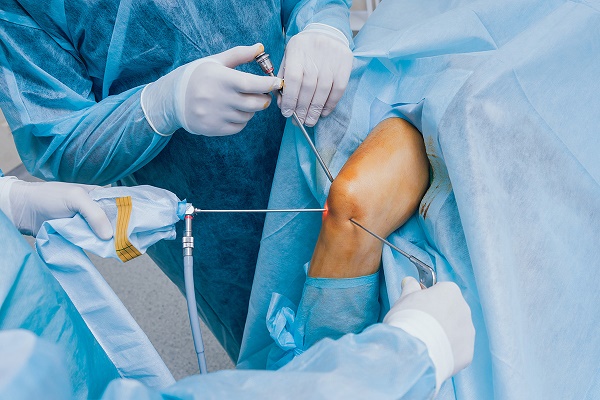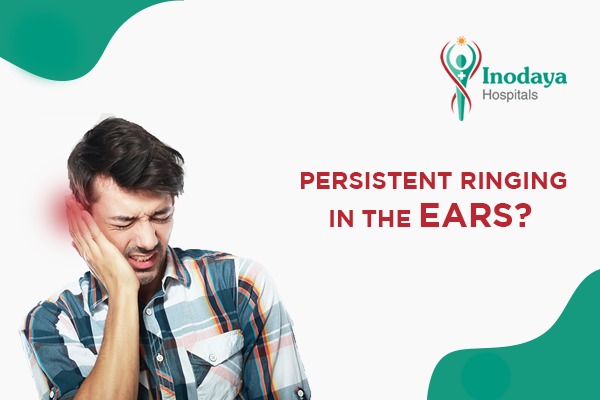Many people experience constant ringing in their ears. The sound usually lasts only a few minutes. But, ringing in the ears that does not get better or go away is called tinnitus. It rarely indicates a serious health problem, but it surely can be annoying.
The best ENT specialists at Inodaya Hospitals, Kakinada explain to you more about tinnitus, what causes it, and how to treat persistent ringing sounds in the ears.
What is Tinnitus?
Tinnitus is commonly described as a ringing in the ears, but it can also sound like roaring, clicking, hissing, or buzzing. The sound can be intermittent or continuous and can vary in loudness. The noise may be soft or loud, high pitched or low pitched. The sound may seem coming from one ear or both, from inside the head, or from a distance.
Almost everyone has had tinnitus for a short period after being exposed to extremely loud noise. But, if you notice that ringing sound in the ears lasts more than six months, it could be the condition known as chronic tinnitus. People may worry that tinnitus is a sign that they are going to have permanent hearing loss, but it is wrong. Treating an identified underlying cause of tinnitus can help reducing ringing sound in the ears.
What causes tinnitus?
The most common cause of tinnitus is hearing loss that occurs with aging (presbycusis), however, it can also be caused by loud noises (acoustic trauma). Tinnitus can occur with all types of hearing loss and may be a symptom of almost any ear problem which affects the nerve that connects the inner ear to the brain.
Other possible causes of tinnitus include:
- A buildup of earwax
- Medications, especially aspirin and other nonsteroidal anti-inflammatory drugs taken in high doses.
- Drinking an excessive amount of alcohol or caffeinated beverages.
- Ear infections or eardrum rupture
- Stiffening of the bones in the middle ear(otosclerosis) may affect hearing and cause tinnitus
- Meniere’s disease, an inner ear problem that may be caused by abnormal inner ear pressure
- Problems with the temporomandibular joint, the joint on each side of the head in front of the ears.
- Head injuries or neck injuries that affect the inner ear, hearing nerves, or brain function linked to hearing.
- Severe weight loss from malnutrition or excessive dieting.
- Repeated exercise with the neck ina hyperextended position.
- Blood flow (vascular) problems such as carotid atherosclerosis, arteriovenous (AV) malformations, and high blood pressure (hypertension).
- A rapid change in environmental pressure.
Most tinnitus, ringing sound in the ears that comes and goes does not require medical treatment. You may need to see your doctor if it occurs with other symptoms, does not get better or go away.
How Tinnitus is treated?
- A masking deviceMasking devices, worn like hearing aids which generate low-level with noise that can reduce the tinnitus and sometimes produce residual inhibition.
- A tabletop sound generatorThis device uses nature sounds to help you ignore the tinnitus. This includes sound such as a babbling brook or ocean waves.
- Medicine TherapyMedicines are available that may ease tinnitus that include tricyclic antidepressants, such as amitriptyline and nortriptyline.
- Tinnitus retraining therapyTinnitus retraining therapy is a form of therapy to help people with tinnitus, buzzing, hissing, or another sound in the ears when no external sound is present.
- BiofeedbackBiofeedback is a relaxation technique that often helps to ease tinnitus symptoms, by helping to reduce stress.
If you have tinnitus, you might be feeling frustrated and helpless, but there is hope. Consult our hearing care professionals at Inodaya Hospitals, Kakinada for a thorough check of your auditory system.















































